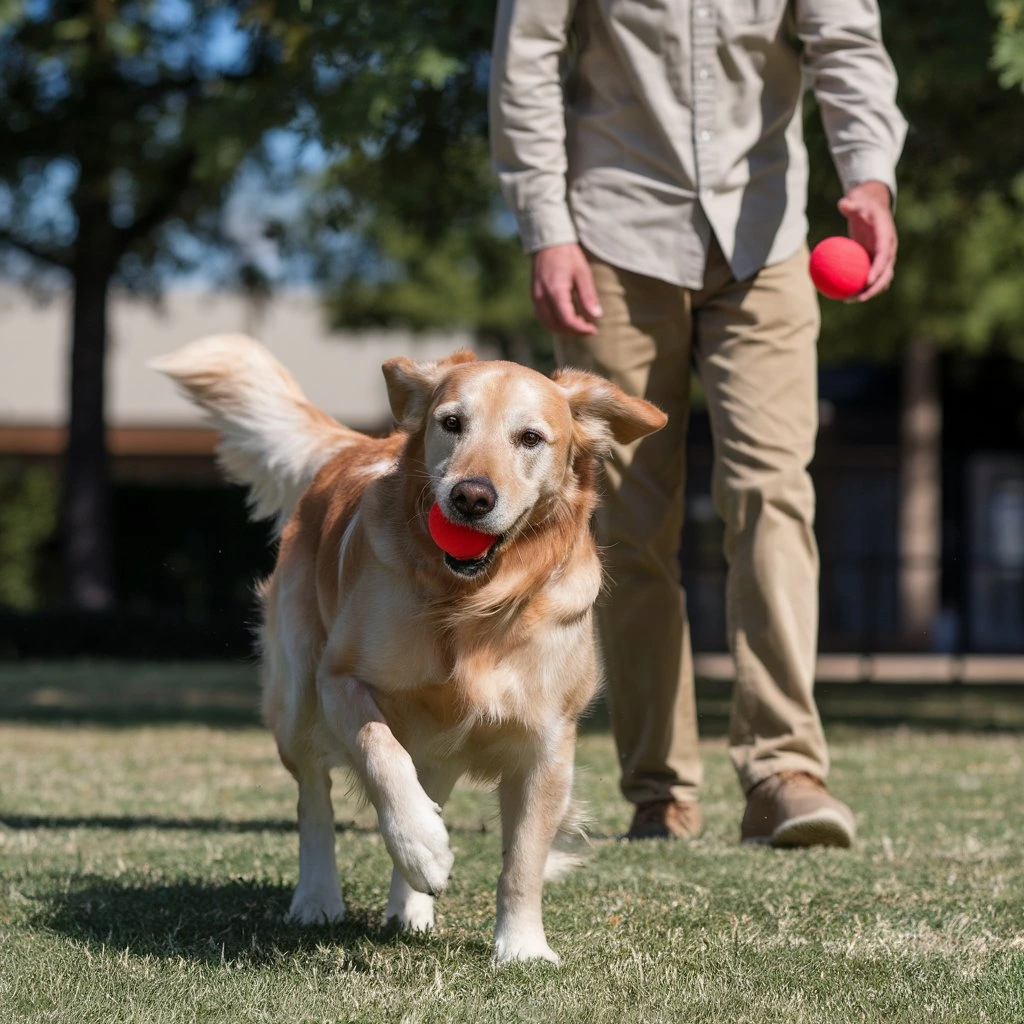Ever wonder why your dog seems to know exactly when you’re feeling down or celebrating something amazing? It’s not just coincidence—science reveals that dogs have an incredible ability to sense and respond to human emotions. From reading facial expressions to picking up on subtle cues, our furry friends might understand us better than we realize!
Can Dogs Sense Human Emotions?
Dogs have long been known as “man’s best friend,” but did you know they might also be your emotional support system? Many pet owners believe their furry friends can pick up on their moods, but is there any truth to this idea? Let’s explore whether dogs can truly sense human emotions and what science has to say about it.
The Science Behind Dogs Sensing Emotions
Recent studies suggest that dogs possess an impressive ability to recognize and respond to human emotions. For instance, researchers at the University of Lincoln found that dogs can interpret both facial expressions and vocal tones to determine a person’s emotional state. This means that when you’re happy, sad, or upset, your dog may actually notice—and react accordingly!
Dogs rely heavily on body language, tone of voice, and even scent cues to gauge how we feel. They are particularly attuned to changes in our behavior, such as crying, laughter, or tense posture. In fact, some experts believe that dogs evolved this skill over thousands of years of living alongside humans, making them highly sensitive to our needs.
How Do Dogs Detect Our Feelings?
Facial Expressions: Studies show that dogs can differentiate between happy and angry faces. When you smile, your dog is likely to wag its tail and approach you with excitement. Conversely, if you look upset or angry, your dog might become more cautious or try to comfort you.
Tone of Voice: Dogs are excellent listeners. A soothing voice often calms them down, while raised voices or sharp commands can make them anxious. If you’re speaking in a low, comforting tone, your dog will likely relax and feel secure.
Body Language: Your posture and movements speak volumes to your dog. Slumped shoulders or slow movements might signal sadness, while energetic bouncing could indicate joy. Dogs pay close attention to these subtle cues.
Scent Cues: Did you know that dogs can smell changes in your hormone levels? Stress, fear, or excitement releases chemicals like cortisol or adrenaline, which dogs can detect through their powerful noses.
Do Dogs Show Empathy?
Empathy is the ability to understand and share another’s feelings. While dogs may not experience empathy exactly as humans do, many scientists agree that they exhibit empathetic-like behaviors. For example:
- Licking your face or nuzzling you when you cry.
- Staying by your side during stressful moments.
- Acting extra playful when you’re feeling down to cheer you up.
These actions suggest that dogs care deeply about our well-being and want to help us feel better.
Building a Stronger Bond Through Understanding
Knowing that dogs can sense our emotions allows us to strengthen our relationships with them. Here are a few tips for fostering this connection:
- Be mindful of your own emotions around your dog. If you’re stressed, take a moment to calm yourself before interacting with them.
- Reward your dog for positive behaviors, especially when they seem to “get” how you’re feeling.
- Spend quality time together, engaging in activities that bring you both joy.
Yes, dogs can indeed sense human emotions! Their remarkable ability to read our feelings stems from centuries of coexistence and evolution. Whether it’s offering a comforting paw during tough times or celebrating with you in moments of happiness, dogs prove time and again just how special their bond with humans truly is.
So next time you’re wondering if your dog knows how you feel, remember—they probably already do!









